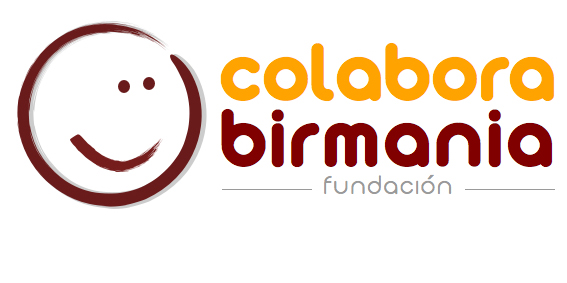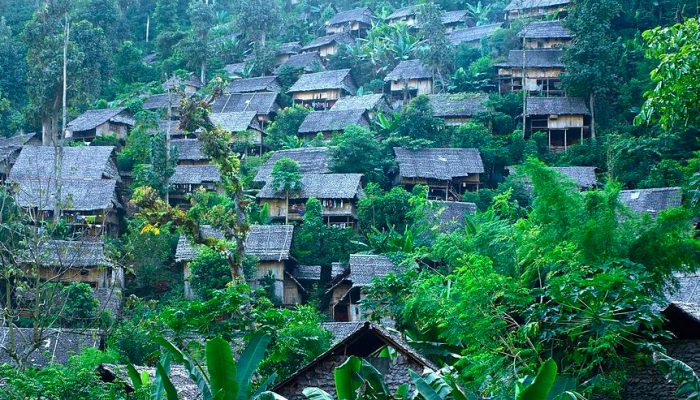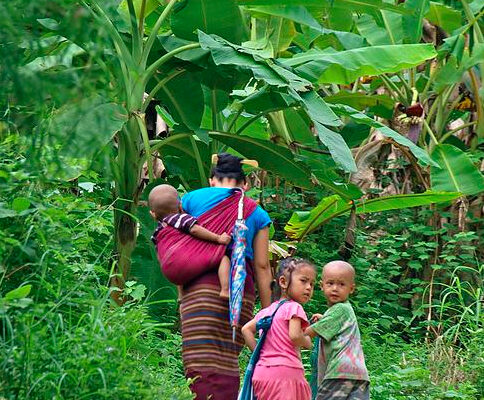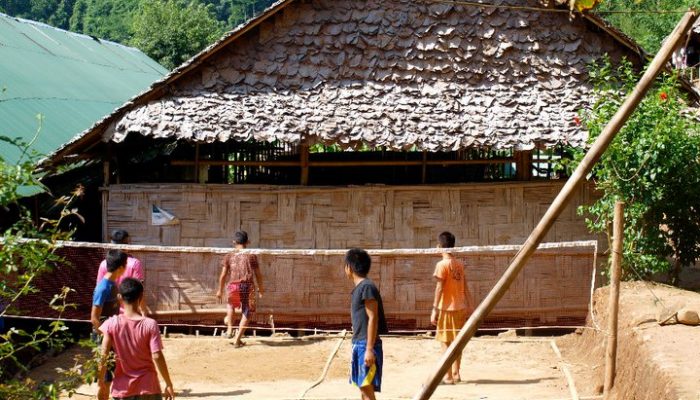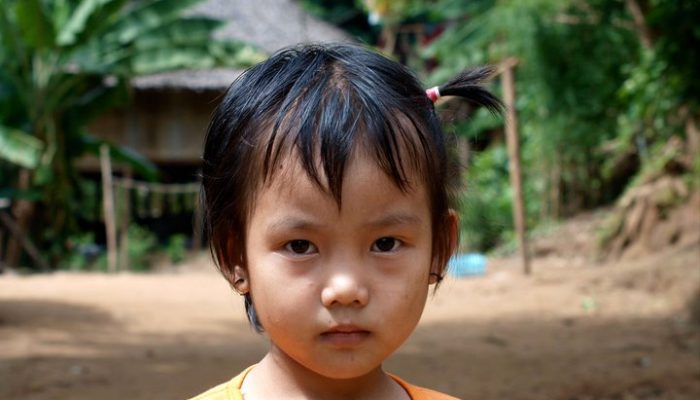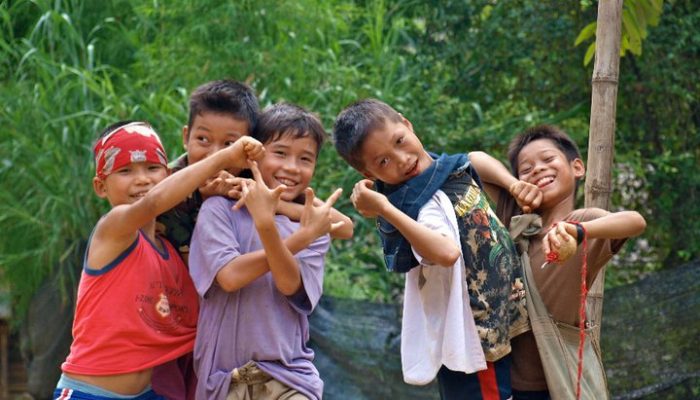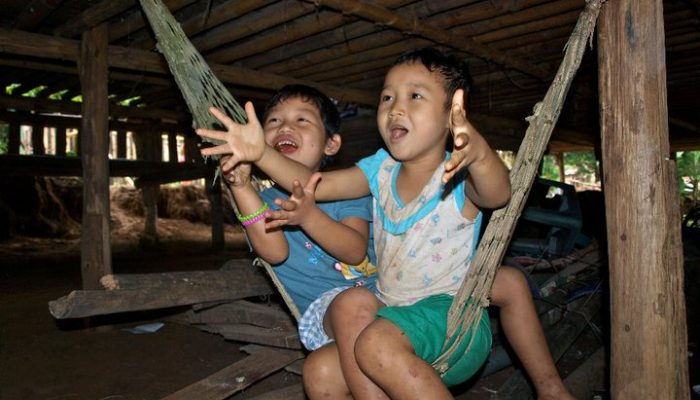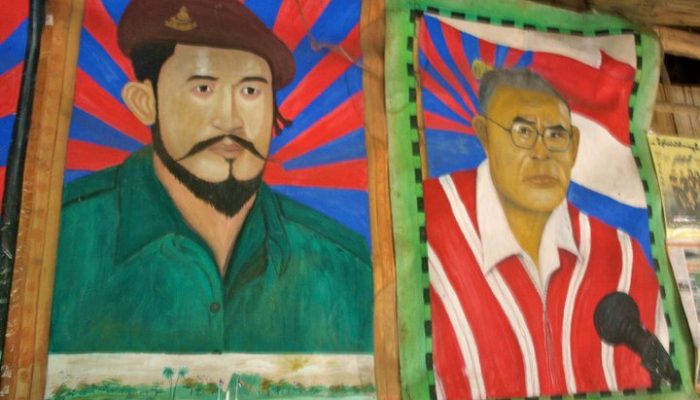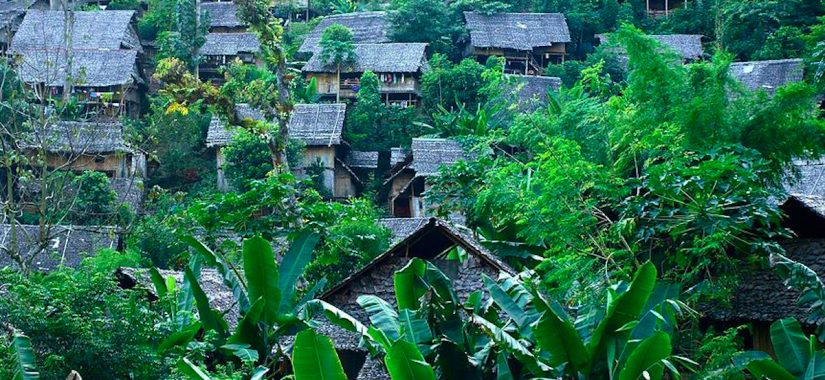
Agriculture and livestock at Mae La Oon refugee camp
Situation
Mae La Oon, with a refugee population of 18,900, is one of the smallest of the 9 refugee camps that the Thai government has authorized along the Burmese border.
Some of the refugees are children, orphaned in the family’s attempt to flee the Burmese army, who after wandering through the jungle for weeks were able to find groups of people like themselves who had lost everything. Together they headed towards Thailand, crossing the border illegally in search of protection and safety, becoming part of the caravan of refugees and ultimately arriving to Mae La Oon. Upon arriving to the camp, these orphans are taken in by Kaw Wah (the leader), and settled into 3 houses especially for them. Today there are 57 orphans living under Kaw Wah´s care.
When you live in a refugee camp with your family, you are able to improve your diet through bartering, fishing, smuggling food, or having relatives who send either food or money to buy a wider variety of food. But when you don’t have anyone and you live with a group of kids who are in your same situation, you have to settle for the scant rations that the different NGOs distribute each day: diets based heavily on rice with vegetables and a small amount of chicken, a poor diet lacking in vitamins and protein that a child needs to grow.
Objective
For this reason, two years ago Colobora Birmania launched a program in collaboration with Kaw Wah to improve the diet of these 57 boys and girls, within the limitations of the camp.
The project consists of building a small fishery, buying a few pigs, and preparing a small garden that Kaw Wah himself manages, so that these improvements can provide the children with a more varied and nutritious diet.
Colabora Birmania gave the necessary funds to buy tools, fish, fish food, 4 pigs and their pen, and seeds to plant fruits and vegetables.
Today
Currently the fishery and the garden are active and productive, thanks to the willingness of Kaw Wah and the work that the children do. In addition to learning, they maintain the small business which is already self-sustainable, creating a small income that they reinvest in fish or seeds, and with this they are able to improve their diets.
